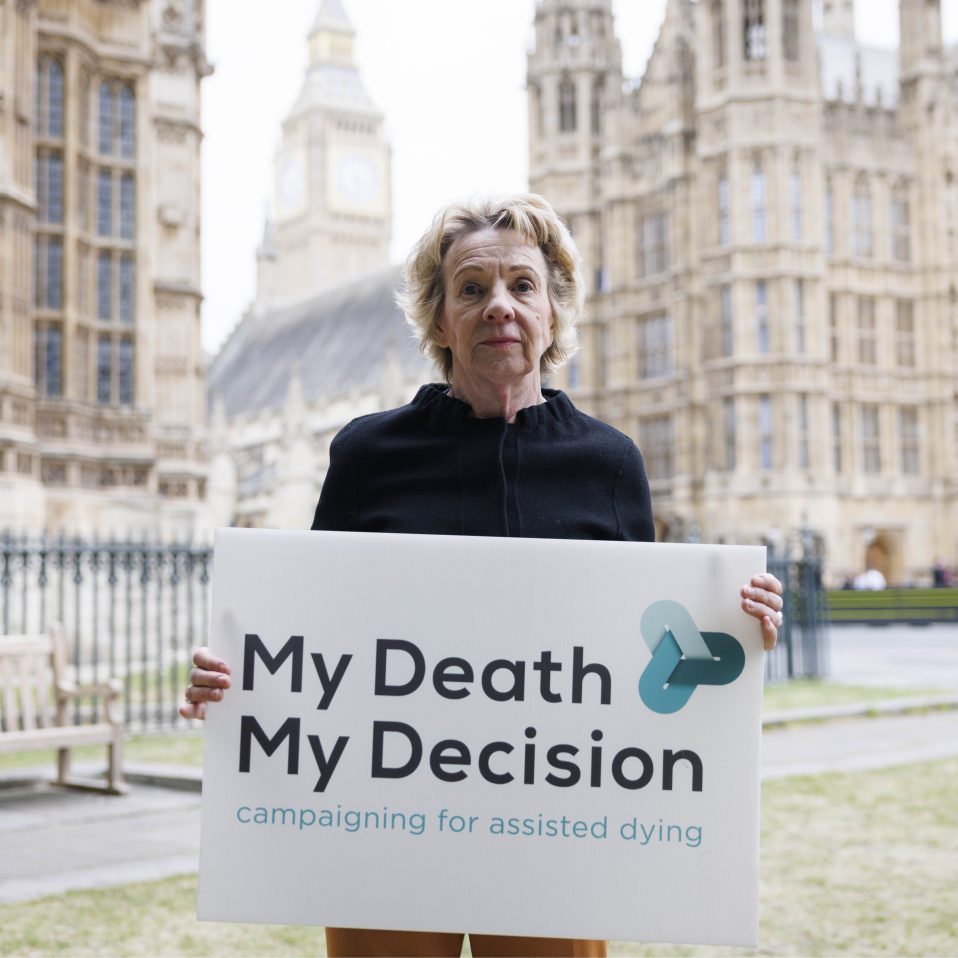The BBC report on the ruling by the Supreme Court that legal permission will no longer be required to end care for patients in a long-term permanent vegetative state. The decision applies to patients who are being kept alive by artificial means such as tube feeding and hydration. It means that when family and doctors agree, a court decision is not required in order to stop these artificial means of keeping a patient alive.
We welcome this clarification, which upholds an earlier ruling in a lower court. As with our comments at that time, MDMD warns that this should not be interpreted as making Advance Decisions any less important. The ruling does not cover the case when family and doctors disagree, also, an Advance Decision can provide a legally binding refusal of treatment in cases where doctors and family agree to continue treatment, if that is not what the patient has stated they want. Even in cases where everyone is in agreement, an Advance Decision makes these incredibly difficult decisions much easier and safer for all concerned. With an Advance Decision, doctors and relatives have documented evidence of what the patient wants for themselves, so they do not have to try to decide what is in the patient’s best interests, based on little, or incomplete, information of the patient’s wishes.
If you haven’t completed your own Advance Decision, MDMD strongly suggests that you do so as soon as possible, regardless of age or health. See our information and references to other organisations on this here. We also recommend having periodic discussions with your next of kin about your end of life wishes. Some suggestions for how to do this are given here.







Recent Comments